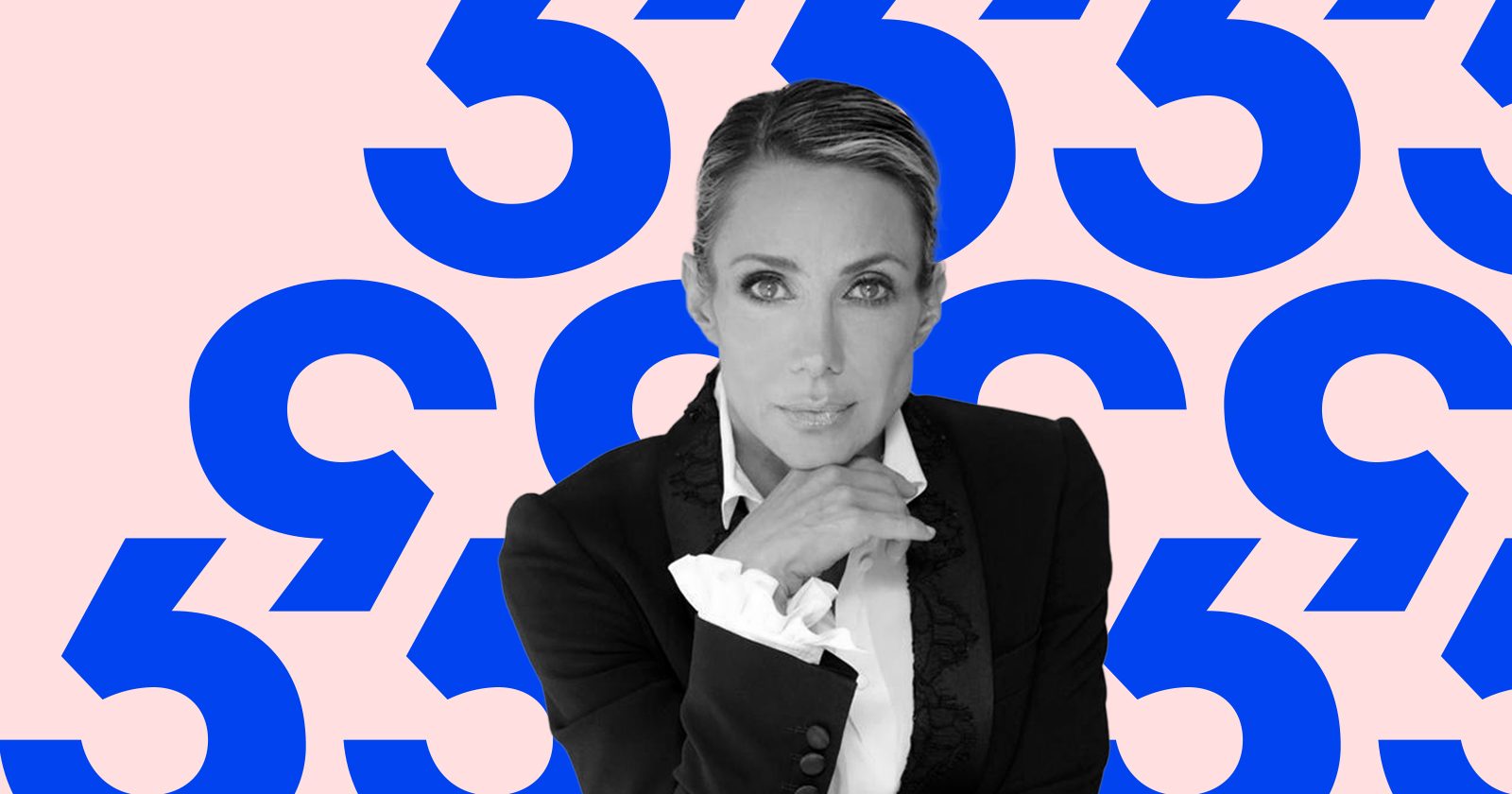
Alejandra Lagunes is a senator from Mexico’s PVEM, a center-left opposition party that has partnered with the current leftist government in some states. She also led the country’s digital strategy in the previous administration. In 2018, during the last year of her tenure, she led the drafting of the National AI Strategy, an early public policy framework to develop and adopt artificial intelligence nationwide. Lagunes now spearheads Mexico’s National Artificial Intelligence Alliance, a legislative effort around AI regulation.
Where’s the conversation about AI regulation in Mexico at?
There are currently 18 AI-related initiatives, but they’re all centered around categorizing crime and modifying the law. For example, there’s a lot of conversation around what to do with deepfakes. The problem is that we could be shooting ourselves in the foot if we tightly regulate technology that we’re still barely understanding.
What’s the role of Mexico’s National Artificial Intelligence Alliance (ANIA)?
We’re aiming to come up with a policy paper that presidential candidates can consider for their platforms during next year’s election, and that lawmakers can also consult when making responsible AI-related legislation. Even though North America is one of Mexico’s commercial partners, we cannot copy-paste whatever they do with that technology because our reality is different. We also want to establish a dialogue across Latin America and the Caribbean because, as a region, we could become this fourth bloc in terms of AI development, after Europe, the U.S., and China.
Images of Mexican Indigenous artwork have been uploaded to AI-generation platforms like Midjourney by individuals outside of Indigenous communities — despite a law stating that Indigenous groups have legal ownership over their cultural heritage. What is ANIA doing to protect Indigenous artistry — a source of livelihood for many such groups — from AI generative tools?
Mexico still has no legislation that specifically regulates AI-generated or AI-supported artwork, so we’ll have to modify existing laws that protect the cultural heritage of Indigenous and Afro-Mexican groups. I dream of having vulnerable groups being able to digitize all of their art, but without losing ownership so they can benefit themselves and their communities. That’s what tech should be doing for them.
